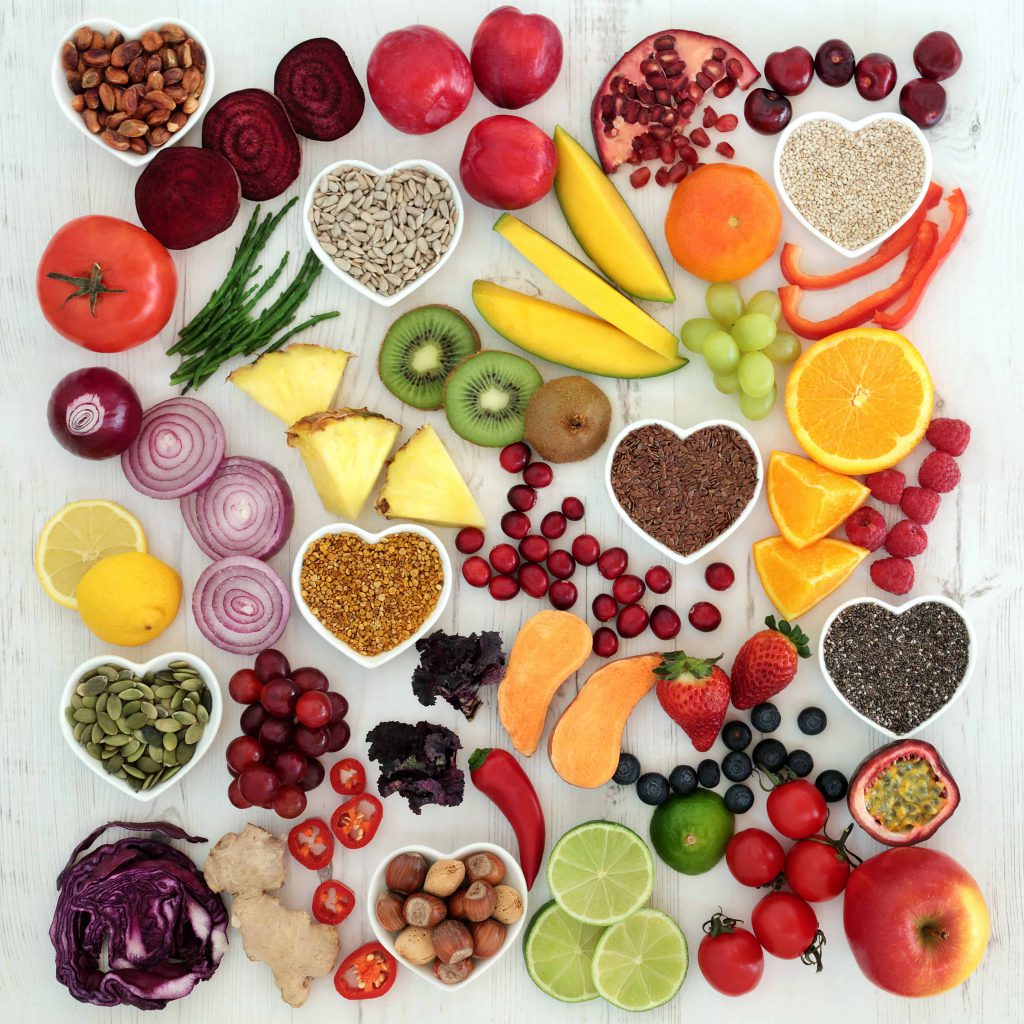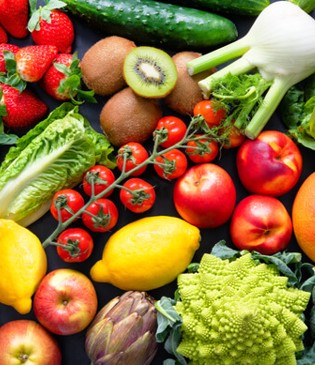There’s a remarkable food that deserves recognition for its distinctive health properties and regal appearance: the blueberry. The action is all in the royal hue.
Purple and dark red are the signatures of a special class of natural antioxidants called anthocyanins. Anthocyanins perform a host of important chemical housekeeping jobs, including stocking the arteries with healthy levels of nitric oxide. As a result, anthocyanins have a powerful role in protecting blood vessels and lowering blood pressure. Anthocyanins are also strongly anti-inflammatory.
Blueberries are by far the richest food source of anthocyanins. Strawberries rank second and are followed by raspberries, red cabbage, red radishes, and eggplant.
What Can This Natural Purple Pill Do?
Cut Risk of Diabetes:
- 23% reduced risk of Type II diabetes with 2 or more servings per week of blueberries
- No other class of plant antioxidants matched that benefit
Lower Blood Pressure:
- 7 mmHg drop in systolic blood pressure with 1 cup of blueberries per day
Prevent Heart Disease:
- Reduce risk of heart disease by 32% with 4 or more servings per week of blueberries
Blueberry Technical Specs:
1 cup: 80 calories, glycemic load 6 (low)
Blueberry Dose:
Based on the studies noted at the end of this article, aim for 1 cup every day or every other day. And no side effects, apart from possible clothing stains!
Conventional or Organic Blueberries?
Domestic blueberries are ranked the 11th in 2024 among the most chemical-laden food by the Environmental Working Group. Frozen USDA organic labeled blueberries are available for just over a dollar per cup. Frozen blueberries retain the health benefits and are a great addition to a smoothie or mixed into yogurt or oatmeal.
Blueberries are a wonder—so many health benefits make it a true natural polypill. Don’t miss out on this sweet medicine!
References:
Blueberries Lower Blood Pressure
Blueberries Cut Risk of Heart Disease
List of Chemical-Laden Produce
Interested in eating better for your own health?
Learn the essentials of good nutrition in our interactive, user-friendly nutrition learning program for the public.
Clinicians: Do you feel confident responding to patient questions about nutrition?
Take our award-winning condensed interactive nutrition CME—and learn what every clinician should know about nutrition.



